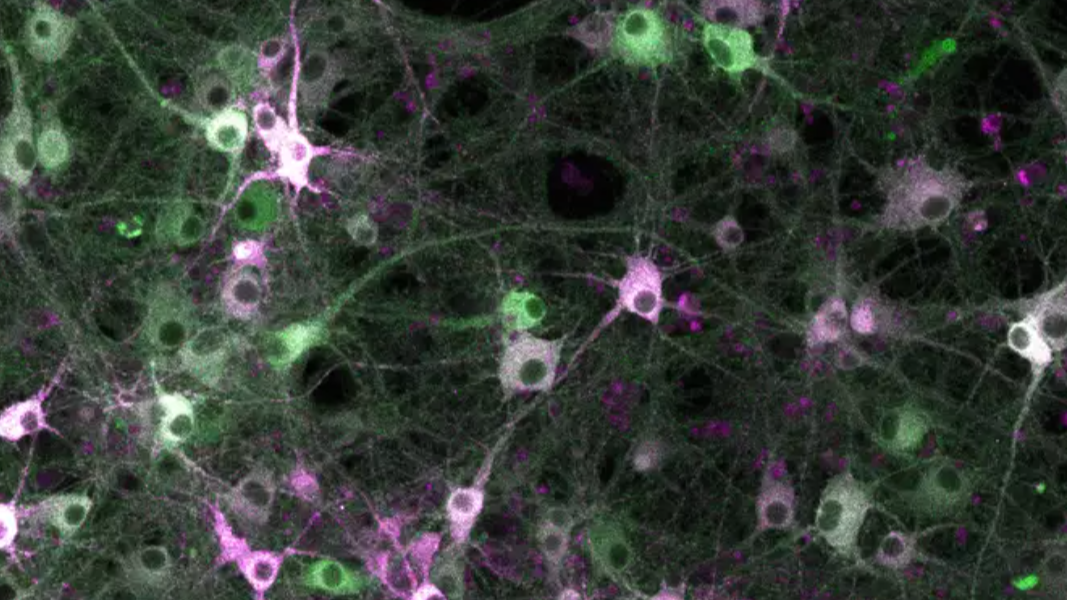BioMed X Institute and Merck Successfully Complete Extrachromosomal DNA in Cancer Research Project

The research of BioMed X team EDC – Extrachromosomal DNA in Cancer – has uncovered critical insights into the mechanisms driving extrachromosomal DNA (ecDNA) formation and maintenance, offering potential avenues for novel cancer therapies.
Heidelberg, Germany, February 6, 2025. BioMed X, a German independent research institute, announces the successful completion of its oncology research project in partnership with Merck. The data generated by this project has been acquired by Merck for further development, potentially leading to new therapeutic approaches in precision oncology.
Launched in August 2022, the collaboration aimed to unravel the mechanisms behind the formation, propagation, and impact of ecDNA in cancer cells using state-of-the-art single-cell screening and spatial technologies. The project was led by Dr. Alexandros Drainas, winner of the BioMed X Innovation Boot Camp, and mentored by Dr. Sebastian M. Waszak, Assistant Professor at EPFL, Lausanne, Switzerland. Industry guidance provided by Dr. Balca Mardin, Head of Target Discovery & Research at Merck.
The multidisciplinary BioMed X team made significant strides in understanding ecDNA biology by addressing fundamental questions, such as:
- How can we detect and trace ecDNA?
- How is ecDNA formed, and which genes promote or inhibit its formation?
- How are ecDNA structures formed, propagated, and maintained?
The team’s research identified genes that may reduce ecDNA abundance in cancer cells. Additionally, Team EDC developed advanced spatial technologies to explore how ecDNA localization affects cancer cell adaptability. The project was completed earlier than expected thanks to the promising and unexpected results achieved by the team. These early findings may offer promising strategies for mitigating cancer heterogeneity and reducing the mechanisms driving therapeutic resistance, potentially improving the efficacy of existing treatments.
Dr. Thomas Rückle, Senior Vice President Research at the BioMed X Institute, emphasized the importance of this achievement: “Our collaboration with Merck has once again demonstrated the power of combining academic curiosity with industrial expertise. The knowledge gained from this project not only advances cancer research but also showcases the potential of ecDNA-targeted therapies. We look forward to continuing our successful partnership with Merck and our joint journey towards a deeper understanding of complex life-threatening diseases.”




